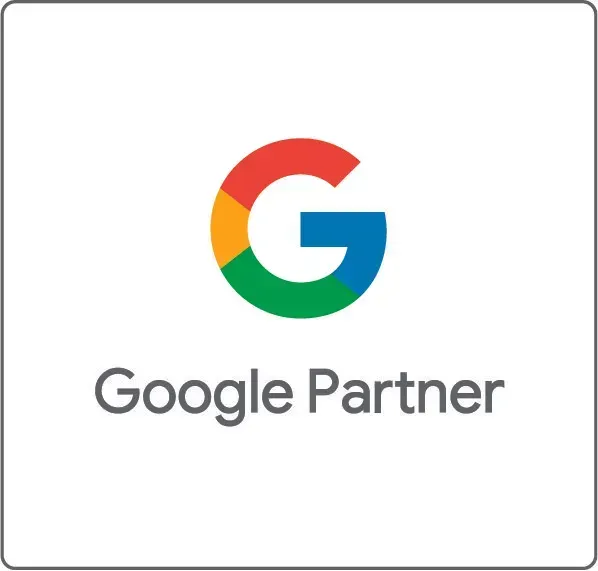Understanding Search Engine Optimization
Dual Purpose Digital Marketing

Many digital marketing strategies have one goal – drive immediate leads. Businesses want new customers today and they’re willing to spend ad dollars to drive those people through their doors or get the phones ringing. Having a relevant ad pop up for your business the second someone makes a relevant inquiry is great for that purpose.
However, there’s more to long-term growth than simply getting calls today. There’s also your brand to consider, your reputation and how that affects the way people find your business online.
Despite what you may have heard from diehard paid media advocates, Search Engine Optimizations (SEO) can drive leads as well. It’s not as aggressive or in your face as paid media, but it does help get more people to your website (without you having to pay for an ad) not just today but potentially years in the future as well.
Ranking and Visibility
Probably the most fundamental goal of SEO – and the one our clients most frequently focus on – is increasing rankings and visibility. A website incorporating fundamental optimization best practices and keyword-rich content is more likely to be found when people type relevant inquiries into Google search. When those people land on your site, they may call you or visit your store.
The reality of Google – and the market in general – is you have a lot of competition. There are likely many other businesses trying to attract those same customers. If their optimizations and content are better than yours – and their website has been around longer, and they post new content more frequently – they will likely rank above you in search engine results pages (SERP).
SEO is a competitive field and its easy for businesses to get left behind by the competition if they simply don’t play the game or get lax in their optimization and content efforts.
Building Trust and Authenticity
No one knows exactly how Google ranks pages. We have some good ideas on how the algorithm works, but there’s no easy-mode guide published by Google. Anyone who tells you that if you do this optimization or put this content on your website then you’re guaranteed to get the top spot in all relevant search inquiries is being disingenuous.
We do, however, know that Google puts a considerable amount of weight in consumer trust and authenticity. To put in simply, if customers trust you as an expert and value your services above those of your competitors, you’re likely to rank higher.
Building trust and authenticity can’t be done overnight. If you’re a business owner, you understand just how hard you must work to develop a reputation for quality in your community. Building that reputation from an SEO perspective is no different, and it all hinges on a very labor-intensive task – content creation.
If you have good content that’s relevant and answers questions people commonly have about your business and your industry, your website’s invisible “trust” bar at Google HQ will grow. Although we don’t know exactly how that trust and authenticity is earned, we do have some fairly good ideas from past Google statements and our own experience with our client’s performance improvements.
Website & Brand Authority
When it comes to authority you can’t overrate content relevance. If you’re generating relevant content regularly in the form of static website pages, infographics and blogs, you’re going to see progress in SERP. It may not be immediate, but it will happen.
Linking to factual, relevant and reliable sources is beneficial – going both ways. Thoroughly researched content backed up with links and citations will help build authority and trust. Conversely, if your website is used as a source for information and citations, proven through backlinks (another industry expert links to your site as a reference) Google will take note and begin considering you a true leader and authority in your field.
The quality of those links can matter as well. Getting linked to from Wikipedia or Amazon will carry more weight than a link from a site people rarely visit.
Relevance of the linking site also plays a key role. If you sell electronics and someone writing a blog about baking links to you it won’t count for as much as a link to your site from Best Buy. That’s why buying links isn’t an effective strategy in many cases. If the site that’s linking to your site isn’t relevant to your businesses it doesn’t matter how much authority it has in its own vertical niche, it likely won’t help you much.
Brand & Website Relevance
This can be summed up pretty simply – the closer the content on your page matches the searcher’s query into Google the better your chance for appearing high on the SERP. This is really where keyword research comes into play. You can’t necessarily write relevant content if you don’t know what the relevant search terms are.
Sometimes the most relevant search terms are cornered by bigger competitors who have been at this a lot longer than your business. It’s easy for companies that are just starting SEO to get discouraged because their big nationwide franchise competitor has essentially owned those search terms for a decade.
Don’t lose hope. People search differently, and you can still go after related content and topics that may not have the same search volume but are still relevant and attainable. Aggressively going after lower volume but still relevant keywords with content that matches those queries can generate results, even if you may not be able to realistically compete for the biggest keywords right out of the gate.
Not all of your content has to be intended to go after obscure search terms. The most important thing you can do is generate content that’s relevant to your customer base and potential clients. Consistent generation of high-quality content that people want to read is vital in every case.
In addition to factoring in links, Google also looks at factors like time on site and page views to determine ranking. If people consistently leave your blog page after 10 seconds Google may think the page isn’t relevant to their search terms and push you lower on the SERP. If people spend 10 minutes reading your whole blog because it’s relevant to their search queries Google will see searchers find it valuable and push your page up the rankings.
These changes aren’t instantaneous, but if good strategies and best practices are pursued long term, you will see positive results. That means more visitors to your sites and more calls. Best of all, leads generated from SEO are new customers you’ve gained without having to pay for expensive paid media advertising.





